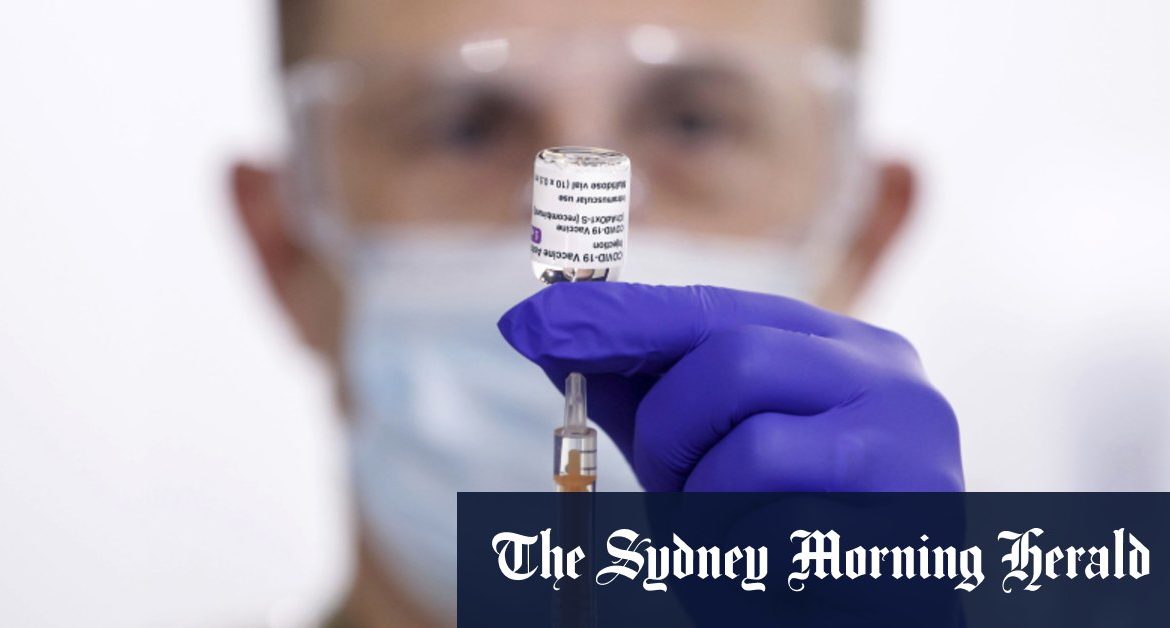Also on Thursday, Italy said it would suspend use of an AstraZeneca batch that was different to the one used in Austria.
Some health experts said there was little evidence to suggest the AstraZeneca vaccine should not be administered and that the cases of blood clots corresponded with the rate of such cases in the general population.
Loading
“This is a super-cautious approach based on some isolated reports in Europe,” said Stephen Evans, professor of pharmacoepidemiology at the London School of Hygiene & Tropical Medicine.
“The problem with spontaneous reports of suspected adverse reactions to a vaccine are the enormous difficulty of distinguishing a causal effect from a coincidence,” he said, adding that the COVID-19 disease was very strongly associated with blood clotting.
AstraZeneca on Thursday said in a written statement that the safety of its vaccine had been extensively studied in human trials and peer-reviewed data had confirmed the vaccine was generally well tolerated.
The drugmaker said earlier this week its shots were subject to strict and rigorous quality controls and that there had been “no confirmed serious adverse events associated with the vaccine”. It said it was in contact with Austrian authorities and would fully support their investigation.
The European Union’s drug regulator, the European Medicines Agency (EMA), said on Wednesday there was no evidence so far linking AstraZeneca to the two cases in Austria.
It said the number of thromboembolic events – marked by the formation of blood clots – in people who have received the AstraZeneca vaccine is no higher than that seen in the general population, with 22 cases of such events being reported among the 3 million people who have received it as of March 9.
Loading
EMA was not immediately available for comment on Thursday.
Four other countries – Estonia, Lithuania, Luxembourg and Latvia – have stopped inoculations from the batch while investigations continue, the EMA said.
The batch of 1 million doses went to 17 EU countries.
Swedish authorities said they did not find sufficient evidence to stop vaccination with AstraZeneca’s vaccine. Sweden has found two cases of “thromboembolic events” in connection with AstraZeneca’s vaccine and about ten for the Pfizer-BioNTech vaccine.
“We see no reason to revise our recommendation,” Veronica Arthurson, head of drug safety at the Swedish Medical Products Agency, told a news conference. “There is nothing to indicate that the vaccine causes this type of blood clots.”
Spain on Thursday said it had not registered any cases of blood clots related to AstraZeneca’s vaccine so far and would continue administering the shots.
Reuters
Most Viewed in World
Loading







